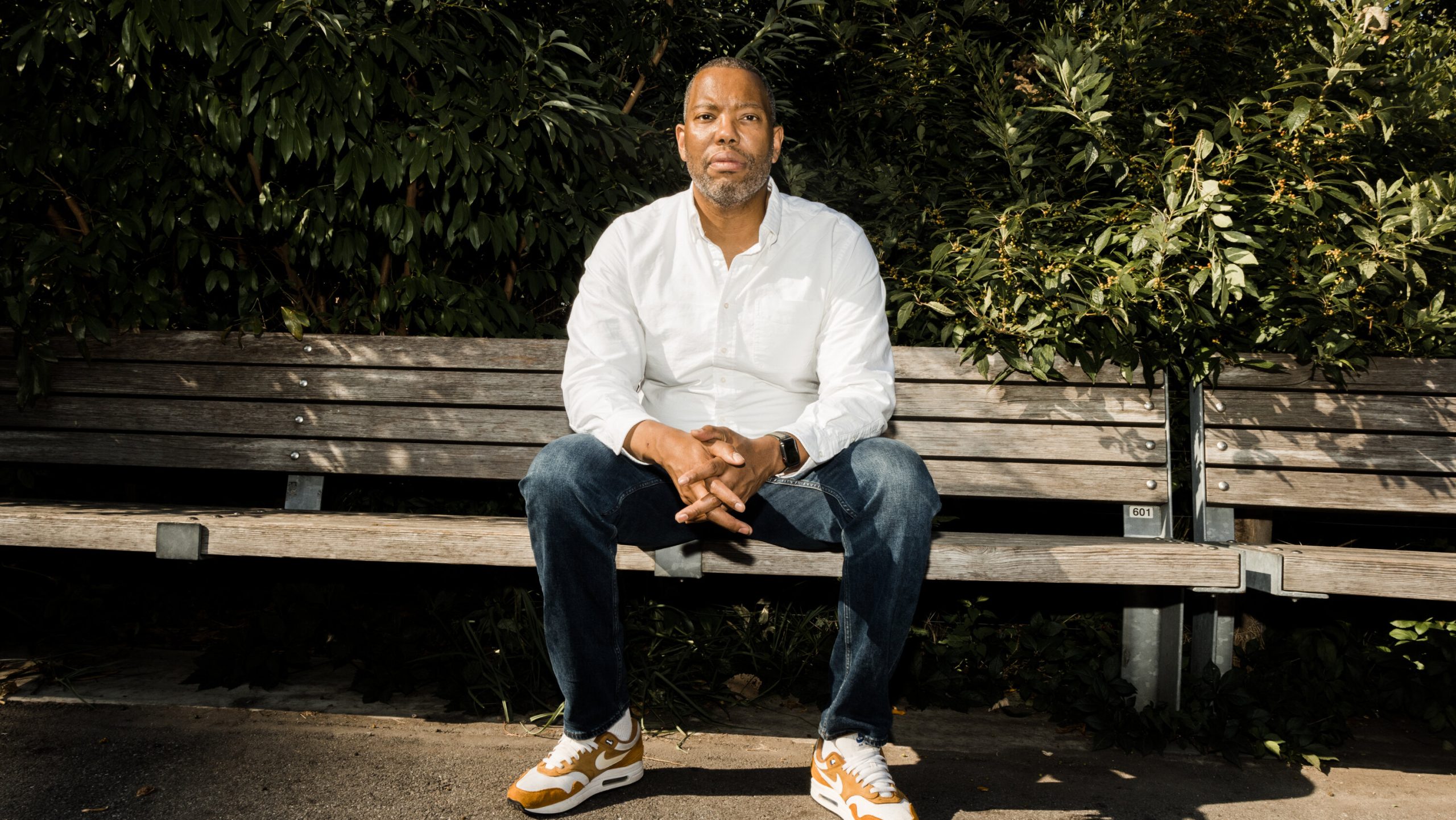I finished Ta-Nehisi Coates’ The Message recently, and one thing that stuck out to me more than anything was the profound sense of obligation that he feels towards readers, his political allies, and the ancestors. His writing is less about him having great, illuminating truths to share and more about serving as a conduit through which other currents can flow. This self-effacing role for the writer — the one left once those who really drive history have done their work — is interesting to me as someone who thinks of writing not just as a a political, social act but an artistic one.
Coates seems to imagine the role of the writer, the artist, as someone who discovers truth and remakes myth. Someone who “walks the land” in search of answers to tough questions and shares them with a world eager to hear them and willing to change in response. The writer is a combatant at the front lines of an epochal war over meaning in the world, their role is to not only defeat harmful established myths, but to establish new ones. This is a beautiful, albeit idealistic, way to cast the artist’s role. Put this way, the role of reporter or griot or poet or rapper or songwriter is deeply important sociopolitically — clarity on what the moment means comes not through elections or movements or violence, but through the pen.
But what happens when this fundamental relationship between artist and audience breaks down? Can an artist truly move people if the people they’re trying to reach aren’t listening?
This question has been swirling in my mind a lot in relation to Ethel Cain’s new album/EP/project Perverts. At first billed as her sophomore album and then recursively cast as an EP, a side project, or whatever else, the record is at turns horrifying and beautiful. It’s a record not just about Cain’s stable of trusted hurts — God and religion, shame, punishment — but also about the ways in which our relationship with the world shapes us. It very well may be the best record of the year.
A lot of ink has been spilled about Cain’s frustration with the reductive way that critics, fans treat her art. Cain wrote on her Tumblr that she was frustrated that fans seem to treat her work more as a joke or a product than as something that’s worth considering intellectually and emotionally. There’s no discourse about her work, she contends, just memes.
Perverts has been mostly considered as a response to this concern. It is almost hilariously antagonistic to modern pop sensibility — the first couple of tracks are minimalist drones meant more to evoke dread or anxiety than sublimity, the few traditional singer-songwriter songs (“Punish,” “Vacillator,” “Amber Waves”) undercut themselves with titanic length and uncomfortable subject matter.
But I think this reading of Perverts is too reductive. Like Coates, I think Cain sees the role of the artist as a combatant who seeks to upset the audience’s pre-established narratives about the world. It seems to me that the aim of Perverts, more than some adolescent antagonism, is to force listeners to confront the ideas that they hold about the world and themselves.
The characters populating Perverts, rendered minimally, are exactly what’s described on the tin, and their neuroses fill the album with an odd eroticism. This isn’t shock jock horrorcore, these are lovely rendered portraits meant to demonstrate the strange and haunting similarities between the listener and the ostensibly “bad” people populating these tracks.
Coates writes that “[a]ll our conversations of technique, of rhythm and metaphor, ultimately come down to this–to the stories we tell, to the need to haunt, which is to say to make people feel all that is now at stake.” He does this by writing explicitly political tracts that speak directly to history — the essays of The Message challenge the right-wing effort to censor anti-racist books, the near-century long ethnic cleansing of Palestine, and how his trip to Senegal reshaped his thinking on Blackness. Cain similarly does this by excavating the darkest corners of her heart, using composite characters and allegory to force discussions about our proclivities. One cannot listen to Perverts, a record filled with divine condemnation, sexual repression, and body horror, and not be haunted.
This process, Coates notes, is difficult not only because it involves confronting the world, but also confronting oneself. It involves reckoning with the narratives that one has internalized and interrogating them. Coates does this constantly throughout The Message — he challenges his internalized anti-Blackness in Senegal, his cosmopolitanism when he decamps to South Carolina, and his tacit acceptance of Zionist lies when he visits Occupied Palestine. In each essay, he revels in his own initial ignorance, he’s almost gleeful in revealing how wrong he was.
Cain, by contrast, seems to delight in playing the opposite role. She renders deeply unsympathetic characters in sympathetic hues, forcing the listener to sit with how much of themselves is reflected back in these portraits. Take a song like “Onanist,” which sketches out the character rejecting religious dogma in order to pursue sexual pleasure. There’s a lot here: there’s the seductive pull, the attendant shame, the climax. It’s pretty heavy. Through it’s nearly 7 minute runtime, we’re made to sit with that weight. Like Coates, Cain seems to revel in the confrontation between what we’re made to believe and what is.
“Housofpsychoticwomn” sketches out the one-sided love that a woman has with an abusive partner (heavily implied to be God Himself). This track is wild in a lot of ways — it’s 14 minutes long of mantric repetition — but this central perversion of the traditional relationship between God and believer is so interesting. God in this song breadcrumbs our protagonist, promising again and again magnificent, fantastic love and never delivering. There’s hints of Genesis and Eden here, as well, which complicates the whole thing even further: a woman pleading with a God that’s rejected her for love. The core subversion here is a powerful idea: God as manipulator, as abusive partner. It challenges the listener to play with received ideas about the beneficence of the divine, and the overt sexuality of the dynamic calls into question the line between the sacred and the profane. All of this is couched in the language of perversion and obsession — nothing here is as it should be, nothing here is pure.
I don’t want to draw too much blood from this stone: Coates’ book, like his previous masterwork Between the World and Me, is soulful and resonant in ways that Perverts isn’t and arguably doesn’t try to be. While both seek to dislodge socially constructed narratives and challenge their audiences, they do so for different reasons and in largely different ways. But it struck me in engaging with them both the strange affinities between them, and I felt the need to tease them out here. At core, both of them view the artist as a provocateur, someone who has a duty to challenge the audience and society at large. This duty is what the artist owes their audience, and we as an audience have a duty to engage.

